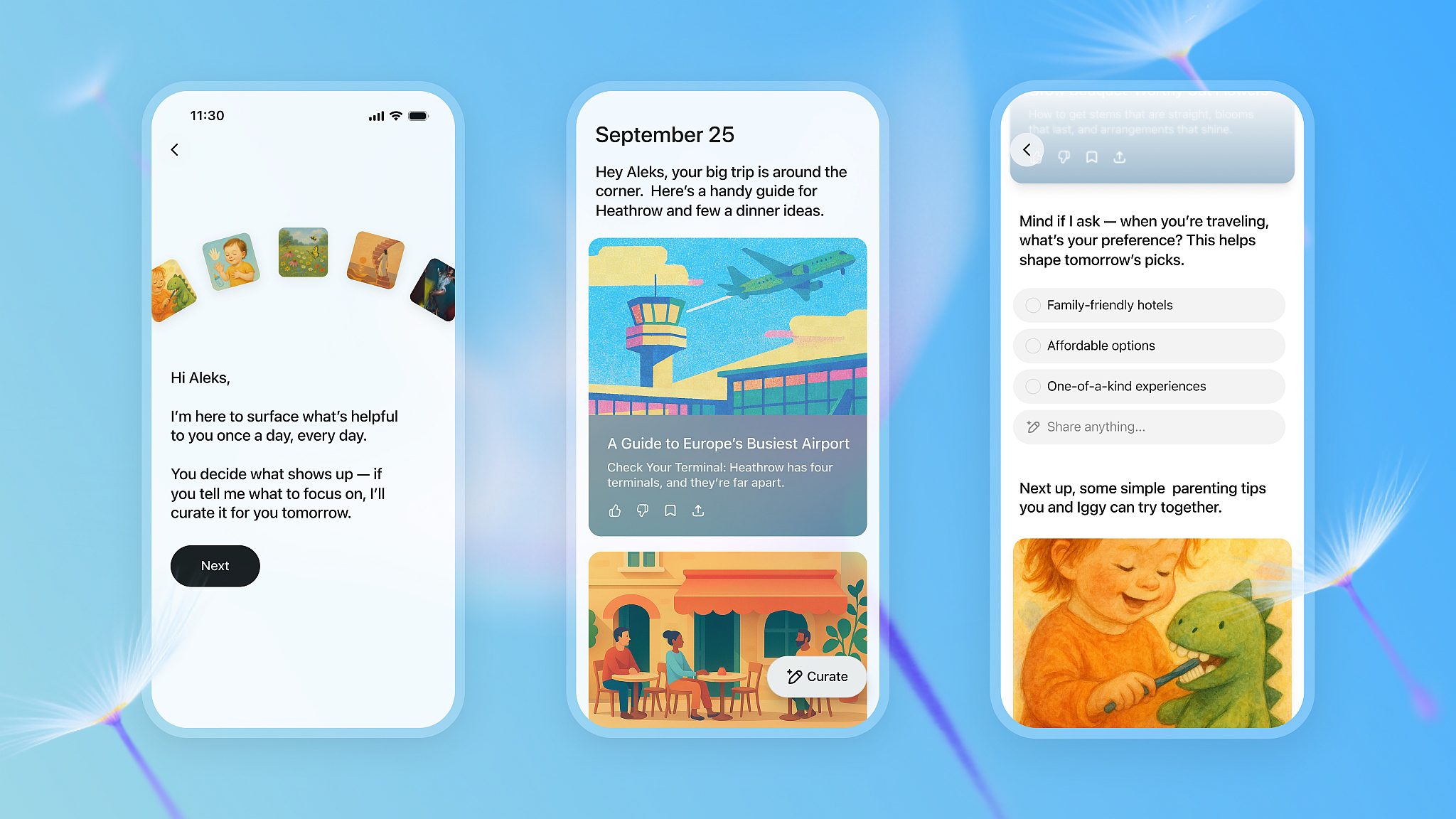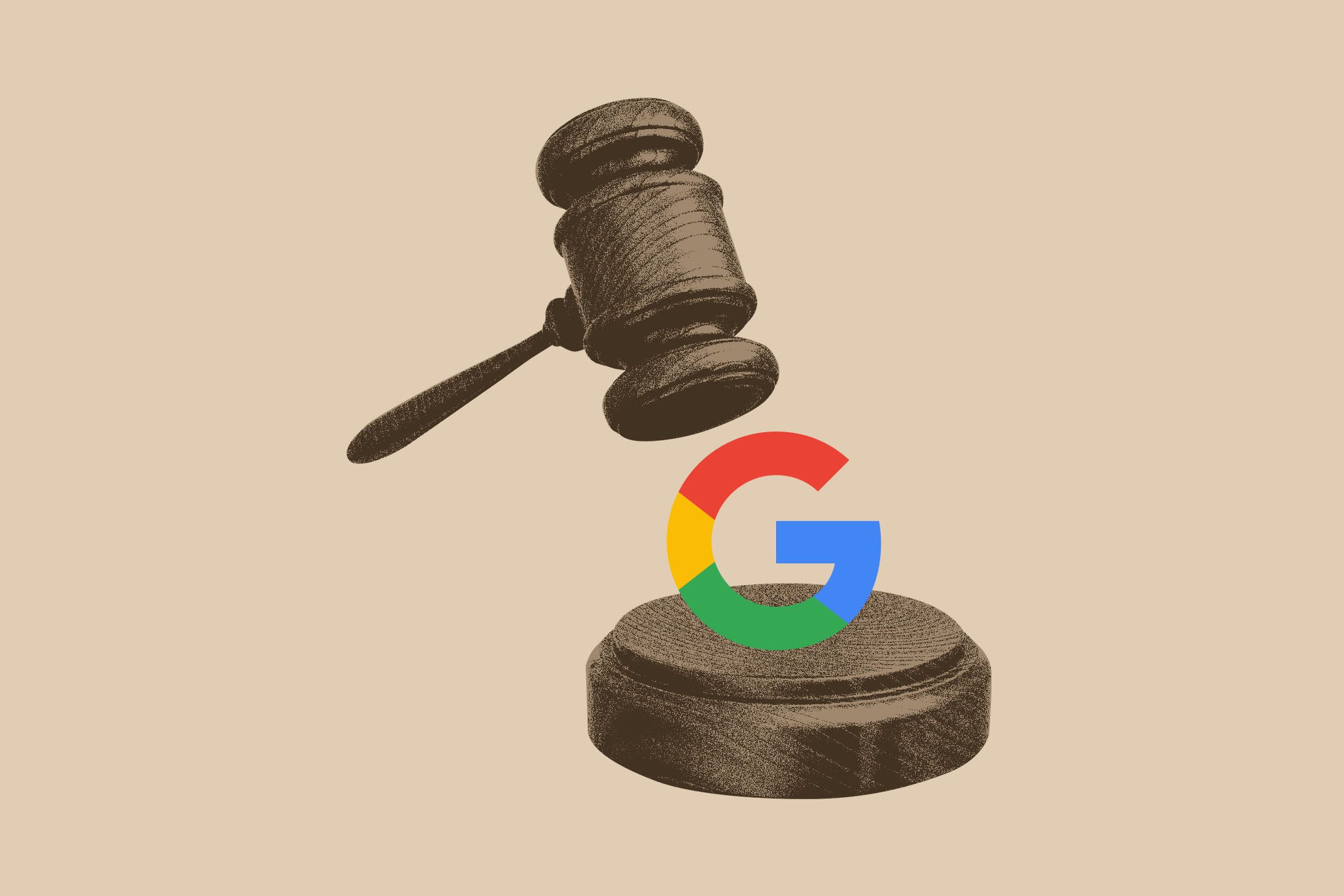
chatgpt apps are live here are the OpenAI has launched new integrations that plug controls for other apps directly inside ChatGPT, allowing users to interact with various services without leaving the chatbot.
chatgpt apps are live here are the
Introduction to ChatGPT Integrations
The recent rollout of app integrations within ChatGPT marks a significant advancement in how users can interact with technology. This new feature allows users to seamlessly engage with various applications, enhancing the overall utility of the AI chatbot. The integrations function similarly to the “mini” apps found in messaging platforms like Telegram and Discord, or the extensions that provide controls for music players on devices like the iPhone’s Dynamic Island. However, the ChatGPT integrations add an AI-driven twist, enabling users to converse with the chatbot while providing instructions on how they would like it to interact with other applications.
Current App Integrations
Several services have already begun piloting built-in app interfaces for ChatGPT. Below is a detailed overview of the first apps available for users:
Spotify
Spotify’s integration with ChatGPT allows users to link their Spotify accounts directly to the AI chatbot. This feature enables a variety of functionalities, such as searching for an artist’s latest album or generating playlists based on user preferences. For example, users can prompt ChatGPT with requests like, “Create a playlist featuring my favorite alternative rock bands.” The integration also allows for music and podcast recommendations based on previous conversations with ChatGPT, providing a curated list of tracks that users can listen to directly through the Spotify app.
Spotify has clarified that free users can access music from existing playlists available in the app, such as “New Music Friday” and “Discover Weekly.” In contrast, Premium users benefit from the ability to generate a “fresh and fully personalized selection of tracks,” enhancing the listening experience.
Canva
The Canva app integrated within ChatGPT allows users to create, preview, and edit designs directly from the chatbot interface. This functionality streamlines the design process, enabling users to request specific projects, such as, “Create an Instagram post for our upcoming sale.” Once the request is made, Canva generates full-screen design previews that users can refine further by providing additional prompts to adjust text or fit a specific theme. After finalizing the design, users can transfer it into Canva for further editing, making the process both efficient and user-friendly.
Figma
Figma’s integration with ChatGPT serves as a powerful tool for users looking to create diagrams or edit existing charts. Users can initiate requests to brainstorm different ways to visualize information or suggest edits to current diagrams. By selecting the “Edit in Figma” button, users can jump directly into editing their charts or diagrams, thereby enhancing productivity and collaboration.
Zillow
In the realm of real estate, Zillow has rolled out its own ChatGPT app that taps into its extensive database of real estate listings. This integration allows users to inquire about properties that match their preferences. For instance, users can ask ChatGPT questions like, “What homes can I afford nearby?” or “Show me homes with a big backyard.” Zillow’s integration will respond with listings that include photos, maps, and pricing details, making it easier for users to navigate the housing market.
Currently, Zillow’s ChatGPT app supports both rentals and homes for sale by owners and real estate agents. The company has indicated plans to expand the integration’s capabilities, including features such as new-construction listings and 3D tours, which would further enhance the user experience.
Expedia
Travel planning has also been transformed with the introduction of an Expedia integration within ChatGPT. Users can ask for specific types of stays, such as, “Find me a hotel room in New York for under $400 in November.” The Expedia app will then provide a list of hotels that meet the criteria, along with flight options, a map of the destination, and “dynamic” price and availability information. This integration simplifies the travel planning process, making it more efficient and user-friendly. Additionally, Booking.com has launched a similar ChatGPT integration, further expanding options for users looking to book travel accommodations.
Coursera
Coursera has also joined the ranks of apps integrating with ChatGPT, allowing users to access videos and information from the online learning platform. Users can request specific topics to learn about, and ChatGPT may recommend relevant content from Coursera during conversations. This integration not only enhances the learning experience but also makes educational resources more accessible to users.
Future Integrations on the Horizon
OpenAI has confirmed that several other apps are set to join the ChatGPT ecosystem in the near future. These include popular services such as Uber, DoorDash, Instacart, OpenTable, Target, Peloton, Tripadvisor, and AllTrails. However, it is important to note that these apps are currently not available for users in the European Union, which may limit access for a significant user base.
Developer Opportunities
Looking ahead, OpenAI plans to broaden the range of developers who can submit their own applications for integration with ChatGPT later this year. These apps will be featured in a directory that users can browse, expanding the variety of functionalities available within the chatbot. OpenAI’s app design guidelines emphasize that apps must “feel consistent, useful, and trustworthy while extending ChatGPT in ways that add real value.” Examples of acceptable applications include services for booking rides, ordering food, checking availability, or tracking deliveries. However, developers are advised against using apps for long-form content, complex workflows, advertisements, or “irrelevant messaging,” ensuring that the user experience remains streamlined and focused.
Implications of ChatGPT Integrations
The introduction of app integrations within ChatGPT represents a significant shift in how users interact with technology. By allowing users to engage with multiple applications through a single interface, OpenAI is not only enhancing the functionality of ChatGPT but also streamlining everyday tasks. This could lead to increased productivity, as users can manage various aspects of their lives—from music and design to travel and real estate—without needing to switch between different apps.
Moreover, the integration of popular services like Spotify, Canva, and Zillow highlights the potential for collaboration between AI and established platforms. As more companies recognize the benefits of integrating their services with AI, we may see a broader trend of app ecosystems that prioritize user convenience and accessibility.
Stakeholder Reactions
The reception to these integrations has been largely positive, with users expressing excitement over the enhanced capabilities of ChatGPT. Many appreciate the convenience of accessing multiple services through a single platform, which could potentially save time and effort. Companies like Spotify and Canva have also welcomed the opportunity to reach users in new ways, leveraging the AI’s conversational abilities to enhance user engagement.
However, there are concerns regarding data privacy and security, particularly as users link their accounts to third-party applications. OpenAI and the integrated services will need to address these concerns transparently to maintain user trust. Additionally, the limitations on availability for users in the European Union may lead to frustration among potential users in that region, highlighting the need for compliance with local regulations.
Conclusion
The launch of app integrations within ChatGPT signifies a pivotal moment in the evolution of AI and user interaction. By enabling seamless communication between the chatbot and various applications, OpenAI is setting the stage for a more integrated digital experience. As more apps join the ecosystem and developers are given the opportunity to create their own integrations, users can expect an increasingly rich and versatile platform that caters to a wide range of needs.
As we move forward, it will be crucial to monitor how these integrations evolve and the impact they have on user behavior, productivity, and the broader technological landscape. The future of ChatGPT and its app integrations holds great promise, and it will be interesting to see how both users and developers adapt to this new paradigm.
Source: Original report
Was this helpful?
Last Modified: October 7, 2025 at 3:38 am
0 views















